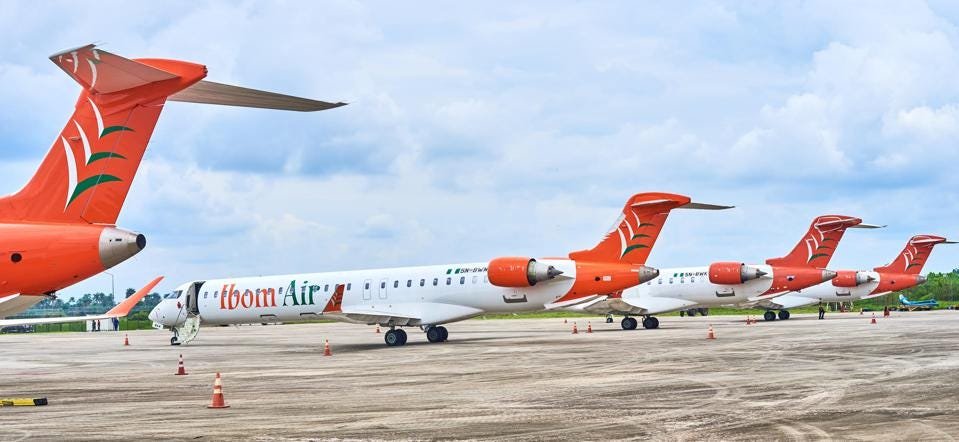The Director General of the International Air Transport Association, Willie Walsh, has said despite the rise in the utilisation of sustainable aviation fuel in 2023, it continued to account for only three per cent of global renewable fuel production.
He noted in a statement the need for an urgent boost in SAF output, particularly as the aviation sector endeavours to achieve net-zero CO2 emissions by 2050
SAF is a carbon-reduction solution that is available for use in aircraft and helicopters operating today. It is a “drop-in” fuel blended with up to 50 per cent conventional jet fuel, requiring no aircraft modifications.
The aviation industry faces a pressing need to intensify efforts and investments in sustainable aviation practices to make significant strides toward a more environmentally friendly future.
Walsh said a massive collective effort was needed to increase SAF output as a proportion of overall renewable fuel production as quickly as possible.
“Our push to connect our world even more strongly than before the pandemic must not come at the expense of our environment. The industry’s goal to reach net-zero CO2 emissions by 2050 remains steadfast.
“To accelerate the transition, we need governments and fuel suppliers to step up and do more. We saw a strong increase in the use of SAF in 2023, but SAF is still only three per cent of all global renewable fuel production. That is unacceptable,” he declared.
The IATA DG explained that the government had critical roles to play in terms of adopting cost-effective policies and supporting the production of sustainable aviation fuel.
He started, “To maximise the benefits of air travel in the post-pandemic world, governments need to take a strategic approach.
“That means providing cost-efficient infrastructure to meet demand, incentivising sustainable aviation fuel production to meet our net-zero carbon emission goal by 2050, and adopting regulations that deliver a clear cost-benefit.
“Completing the recovery must not be an excuse for governments to forget the critical role of aviation in increasing the prosperity and well-being of people and businesses the world over.”
Nigeria’s aviation industry is facing challenges with the sustainable supply of aviation fuel, leading to increased operational costs and airfare prices.
The country relies on imported Jet A-1 fuel, and the rising cost of fuel, exacerbated by foreign exchange scarcity has impacted the performance of airlines.
Jet A fuel is a conventional aviation fuel derived from petroleum and is the most commonly used fuel for commercial aviation.
It is not a sustainable or biofuel like SAF.







